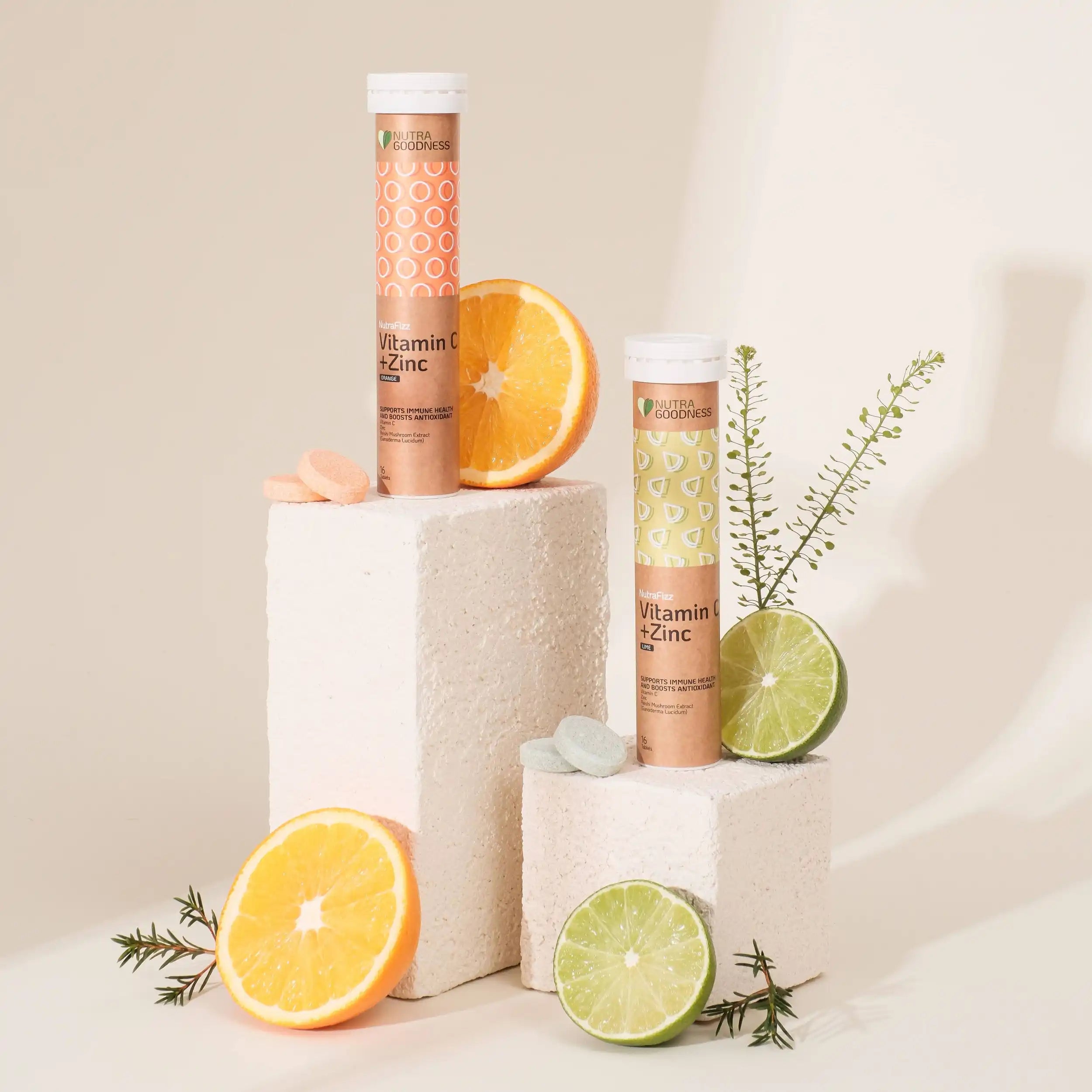According to statistics by National Cancer Centre Singapore, there were 87,716 cancer cases reported in Singapore if which 49% are males and 51% are females during the year of 2018-2022, with prostate cancer (17.4%) being the most common for male while breast cancer (29.6%) for female. However, do you know there are various foods, herbs and bioactive compounds that demonstrate abilities to combat cancer by reducing inflammation, inhibiting tumour growth and enhancing the immune system?
However, do you know there are various foods, herbs and bioactive compounds that demonstrate abilities to combat cancer by reducing inflammation, inhibiting tumour growth and enhancing the immune system?
Adapted from National Cancer Centre Singapore <Cancer Statistics>, date referred: March 2025
1. Curcumin (Turmeric)
 Curcumin, the active compound in turmeric, is widely studied for its anti-inflammatory and antioxidant properties. Research suggests that curcumin can:
Curcumin, the active compound in turmeric, is widely studied for its anti-inflammatory and antioxidant properties. Research suggests that curcumin can:
- Induce apoptosis (programmed cell death) in cancer cells.
- Inhibit angiogenesis (formation of new blood vessels that feed tumours).
- Reduce inflammation, a major factor in cancer progression.
Kunnumakkara AB, Hedge M, Param D, Girisa S, Kumar A, Daimary UD, Garodia P, Yenisetti SC, Oommen OV and Aggarwal BB (2023), Role of Turmeric and Curcumin in Prevention and Treatment of Chronic Diseases: Lessons Learned from Clinical Trials, ACS Pharmacology & Translational Science, 6(1), 447-518.
2. Resveratrol (Grapes, Red Wine, Berries)
Resveratrol, a polyphenol found in grapes and berries, exhibits strong anti-cancer properties by:
- Preventing cancer cell proliferation.
- Enhancing the effectiveness of chemotherapy.
- Protecting DNA from oxidative damage.
Ren BX, Kwah MXY, Liu CL, Ma ZW, Shanmugam MK, Ding LW, Xiang XQ, Ho PCL, Wang, LZ, Ong PS and Goh BC (2021), Resveratrol for cancer therapy: Challenges and future perspectives, Cancer Letters, 515 (1), 63-72.
3. EGCG (Green Tea)
Epigallocatechin gallate (EGCG) is a powerful catechin found in green tea with remarkable anti-cancer benefits, such as:
- Blocking tumour cell growth and spread.
- Reducing oxidative stress.
- Boosting immune function against cancer cells.
Kciuk M, Alam M, Ali N, Rashid S, Głowacka P, Sundaraj R, Celik I, Yahya EB, Dubey A, Zerroug E and Kontek R (2023), Epigallocatechin-3-Gallate Therapeutic Potential in Cancer: Mechanism of Action and Clinical Implicationsm, Molecules, 28(13), 5246.
Almatroodi SA, Almatroudi A, Khan AA, Alhumaydhi FA, Alsahli MA and Rahmani AH (2020), Potential Therapeutic Targets of Epigallocatechin Gallate (EGCG), the Most Abundant Catechin in Green Tea, and Its Role in the Therapy of Various Types of Cancer, Molecules, 25(14), 3146.
4. Sulforaphane (Broccoli, Cruciferous Vegetables) 
Sulforaphane is a sulphur-rich compound found in cruciferous vegetables like broccoli, Brussels sprouts, and cabbage. It has been shown to:
- Detoxify cancer-causing substances in the body.
- Induce apoptosis in cancerous cells.
- Reduce inflammation linked to tumour growth.
Otoo RA and Allen AR (2023), Sulforaphane's Multifaceted Potential: From Neuroprotection to Anticancer Action, Molecules, 28(19),6902.
5. Quercetin (Onions, Apples, Citrus Fruits) 
Quercetin is a flavonoid with antioxidant properties that may help in:
- Suppressing cancer cell growth.
- Reducing inflammation and oxidative stress.
- Enhancing the effectiveness of chemotherapy.
Reyes-Farias M and Carrasco-Pozo C (2019) The Anti-Cancer Effect of Quercetin: Molecular Implications in Cancer Metabolism, International Journal of Molecular Science, 20(13), 3177.
Ward AB, Mir H, Kapur N, Gales DN, Carriere PP and Singh S (2018) Quercetin inhibits prostate cancer by attenuating cell survival and inhibiting anti-apoptotic pathways, World Journal of Surgical Oncology,16(1), 108.
Below are several mechanisms used by the compounds to fight those cancer cells:
- Apoptosis Induction: Encouraging the self-destruction of cancer cells.
- Anti-Angiogenesis: Preventing tumours from developing new blood vessels.
- DNA Protection: Reducing mutations and oxidative damage to cells.
- Immune System Boosting: Enhancing the body's natural defense against cancer cells.
Try to incorporate these natural ingredients into your diet:
- Drinking green tea daily for its EGCG content.
- Adding turmeric (curcumin) to meals with black pepper to enhance absorption.
- Consuming a variety of colourful fruits and vegetables rich in polyphenols and antioxidants.
- Eating cruciferous vegetables regularly to benefit from sulforaphane.
- Taking supplements that contain these natural ingredients for maximum bioavailability and enhanced absorption of its key active compounds.
By fueling your body with nature’s best, you’re paving the way for a resilient and youthful future.
Prioritise your health now, stay nourished, stay strong.

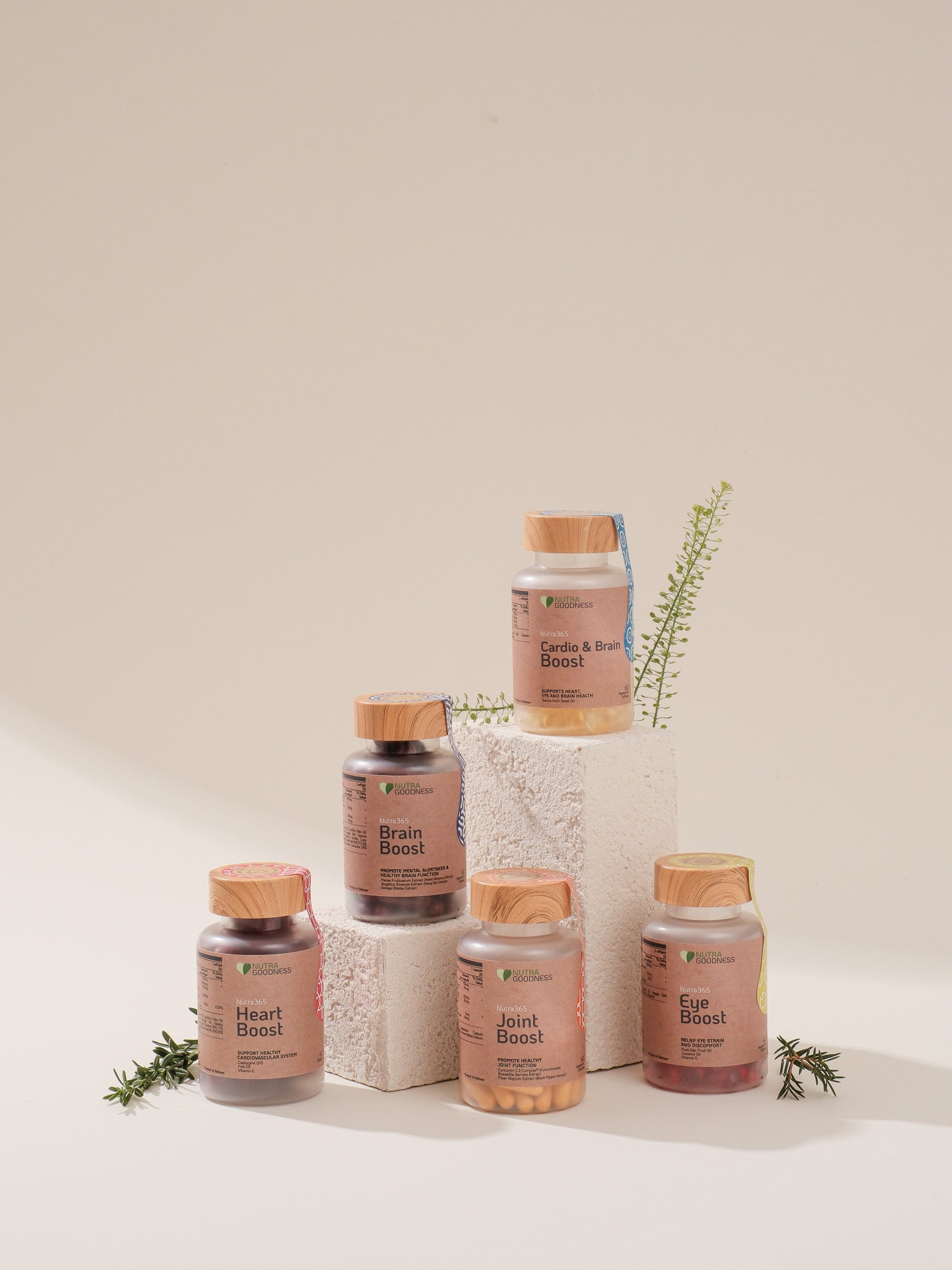
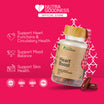
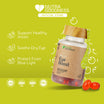

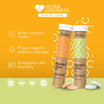
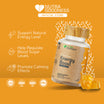

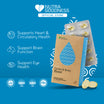
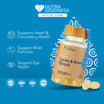
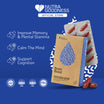
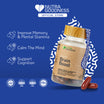
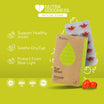

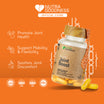
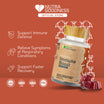
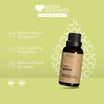
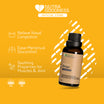
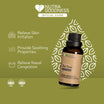
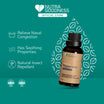
![[Mix & Match] Nutra Goodness NutraAroma Pure Essential Oil 30ml - Peppermint/Lime/Ginger/Tea Tree](http://www.nutragoodness.com/cdn/shop/files/Nutra_Goodness_product_listing_nutra_aroma_mix_2c7cc02f-396c-461e-ad46-0c5f010e5a60.jpg?v=1737706140&width=104)


